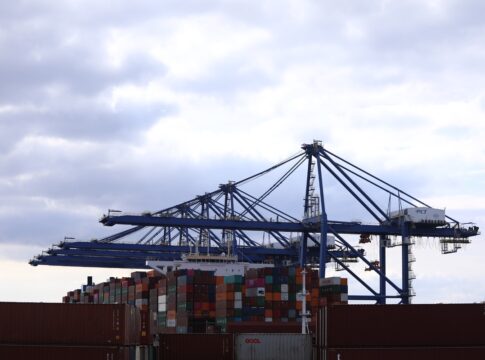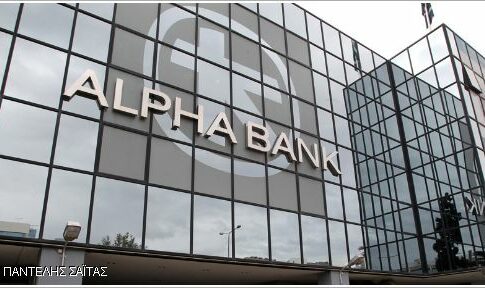The German rating agency Scope Ratings will publish its report on the Greek economy on Friday evening.
The interest is focused on whether it will upgrade the credit rating or the country’s outlook to positive, keeping the BBB rating unchanged, or whether it will keep it stable.
Since the beginning of the year, three rating agencies have upgraded Greece, mainly in terms of outlook. Scope Ratings was the first agency to upgrade Greece to investment grade in 2023, “raising” it one more notch at the end of 2024, citing expectations for further debt reduction, higher-than-forecast primary surpluses and a recovery in the banking system.
The German agency, in its recent analysis, stated that Greece is a small but developed economy. “The country holds a leading position worldwide in shipping. Other key sectors are tourism, agriculture and manufacturing.” For this year, it estimates that the Greek economy will grow at a rate of 2.2% and an average of 1.6% in the period 2026-2029.
Although the economy is gradually recovering from the severe debt crisis, real GDP per capita remains 40% lower than the European average, it said. “Since 2020, economic growth has been strong thanks to high private consumption and the recovery in private investment, government measures and Greece’s National Recovery Plan,” the analysts explained.
Greece’s weaknesses
Greece’s main weakness remains the high level of debt as it can limit the government’s ability to support the economy in difficult times. “Political and policy-related risks are moderate in the coming years, but may increase in the long term. Structural economic weaknesses and demographic challenges, such as migration, limit the long-term growth trend and wealth levels,” it stated.
Regarding unemployment, analysts noted that while it decreased to 9.4% in 2024, it remained well above the EU average at 5.9% in October 2024. “Households continue to suffer from low wages, around 20% lower than 15 years ago, as well as low disposable income.” These factors, they emphasized, represent a social challenge, as do poverty and social exclusion among vulnerable groups.
Banks
As for banks, Scope said that they are more exposed than their competitors to the interest rate cycle, as they rely mainly on net interest income, due to their focus on loans and low penetration of non-bank financial services.
“Given the features of the Greek banking sector, including a relatively small mortgage market, lending is directed to businesses, with quite high exposure to shipping and tourism.” The non-performing loan ratio fell to 3.6% in December 2024, from 49% in 2017, with banks not only cleaning up their balance sheets, but also improving lending and monitoring standards.














